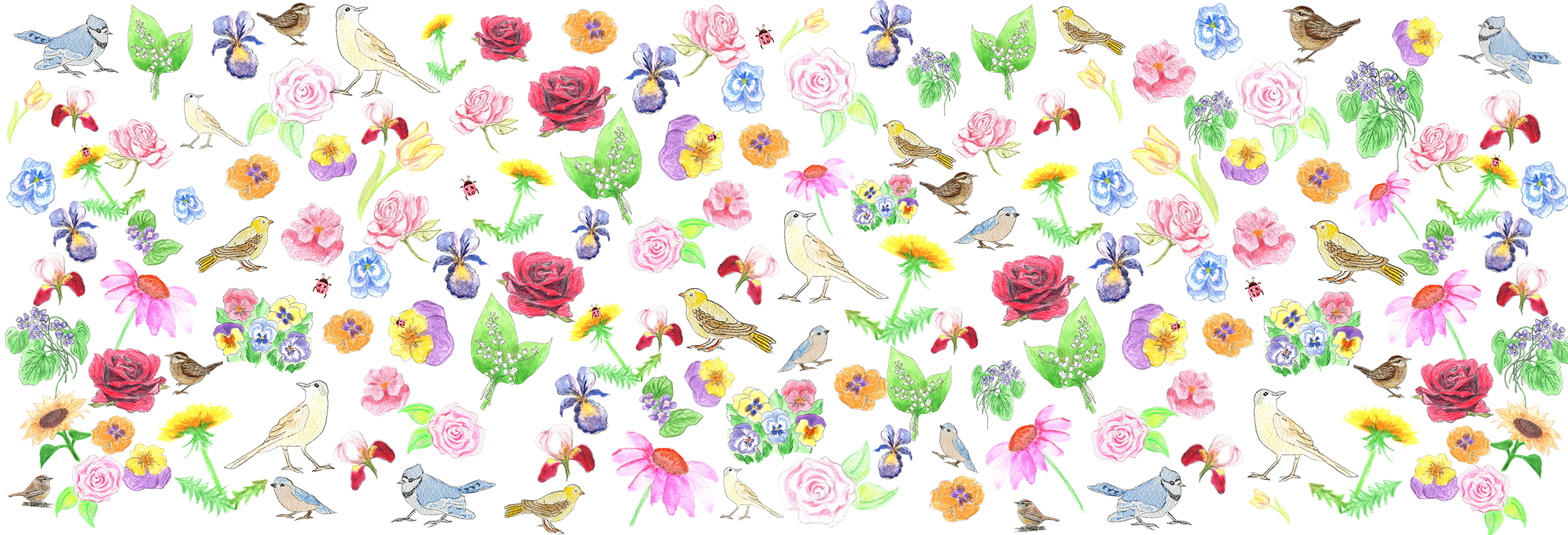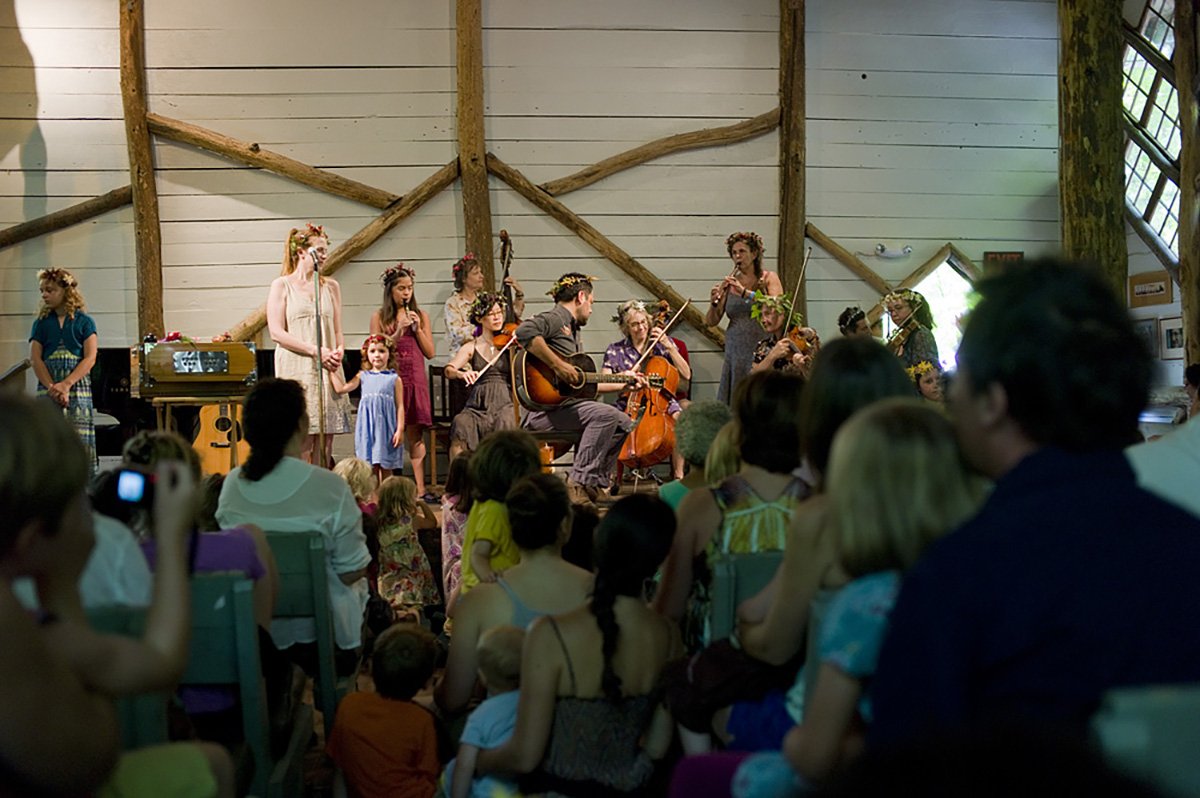
The Music of Elizabeth Mitchell & You Are My Flower
NEWS
Photo by Phil Mansfield
Elizabeth Mitchell and You Are My Flower make music for everyone, including children of all ages and the people who take care of these children, especially their exhausted parents, beautiful grandparents, dedicated teachers, devoted aunts and uncles, patient babysitters, cool cousins, curious dogs, mildly interested cats and adventurous music listeners of all walks of life.
We are super grateful to have been doing this for 25+ years. So far we have:
released 10 albums, 6 with Smithsonian Folkways!
received 2 Grammy nominations
lost 2 Grammy nominations
danced at the Grammy after-party to a live performance by Boyz II Men
hosted the kids’ stage at the Newport Folk Festival
opened for Patti Smith on New Years Eve
made a coloring book that we love so much with our amazing mom
taught many people how to make hula hoops
helped one billion babies fall asleep
Elizabeth Mitchell and You Are My Flower have had the great fortune of sharing stages and recordings with Pete Seeger, Levon Helm, Ella Jenkins, Natalie Merchant, Ziggy Marley, Suni Paz and….so many more people we can’t list them all here. We love them all and can’t wait to sing with them again on a stage near you, or on an album that you can hold in your hands someday. Mostly we want to sing with YOU! Let’s do this!
Elizabeth Mitchell

Photo by Gisel Florez








